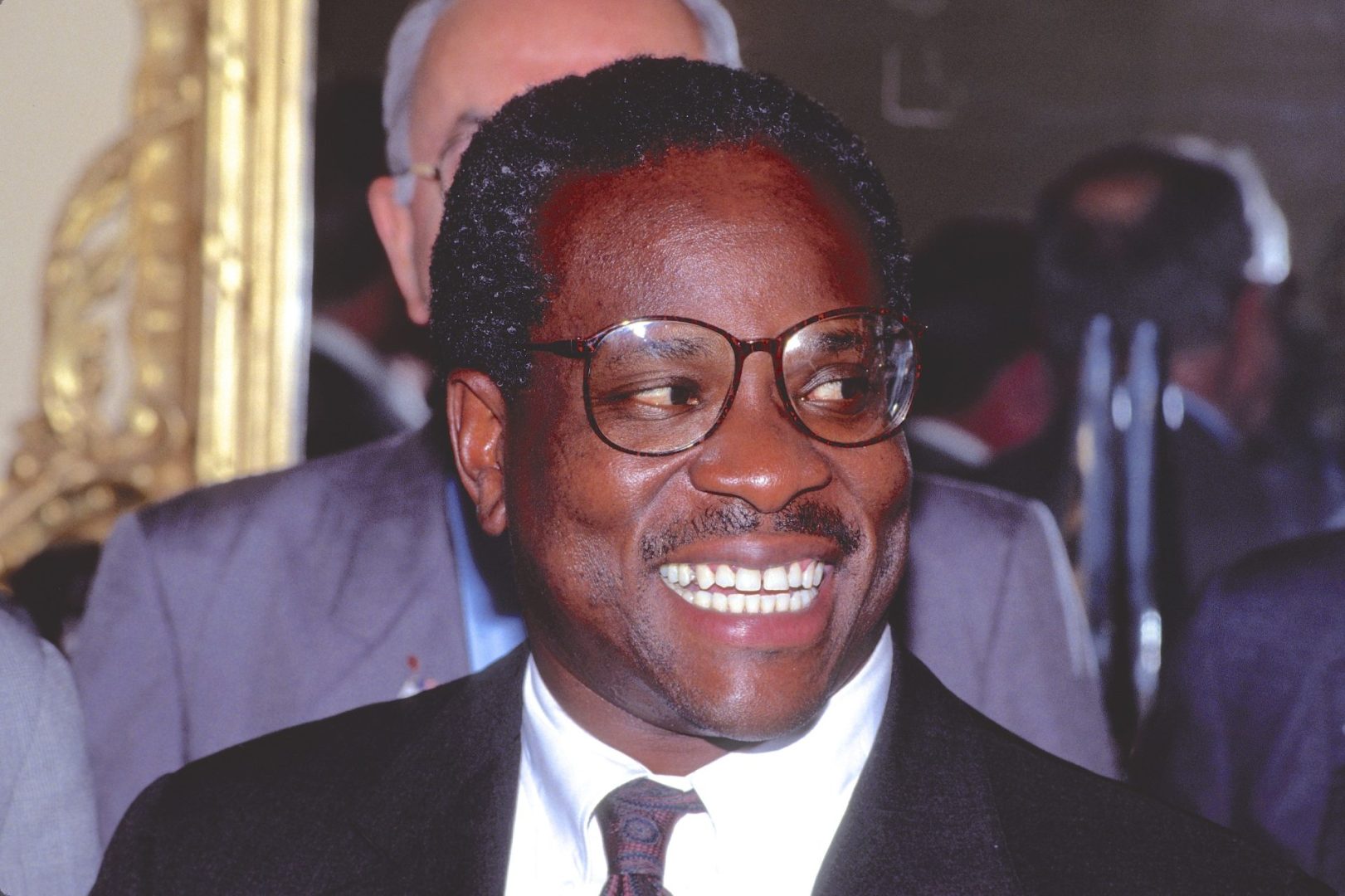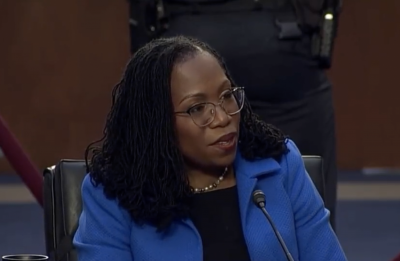Supreme Court Justice Clarence Thomas faces no Department of Justice review after the U.S. Judicial Conference declined to escalate ethics allegations against him, despite mounting evidence of undisclosed luxury gifts and travel. The decision renews scrutiny of the high court’s ethical guidelines and their effectiveness.
The old rules no longer apply
For decades, Supreme Court justices operated under an unofficial honor system regarding gifts and travel. This arrangement worked until investigative reporting revealed a pattern of undisclosed luxury benefits accepted by certain justices. The revelations sparked public outcry and demands for reform, particularly regarding Thomas‘s acceptance of lavish trips funded by wealthy donors.
New standards emerge amid resistance
The Supreme Court responded to mounting pressure by implementing its first-ever ethics code in late 2023. However, critics point out that the code lacks teeth without proper enforcement mechanisms. The Judicial Conference’s recent decision not to pursue Department of Justice involvement regarding Thomas’s conduct highlights these limitations.
A system that protects its own
U.S. District Judge Robert Conrad, speaking for the Judicial Conference, cited uncertainty about whether the law even allows them to make criminal referrals concerning Supreme Court justices. This institutional confusion creates a paradox where those holding the highest judicial positions may face less scrutiny than lower court judges.
The conference’s inaction prompted advocacy group Fix the Court to demand congressional intervention. They argue that without an independent oversight mechanism, the judiciary cannot properly police itself at its highest levels.
Signs of progress remain limited
While Justice Thomas has agreed to comply with updated reporting requirements for trips and gifts, skepticism remains about the effectiveness of self-regulation. The Justice Department has yet to respond to calls from Democratic senators for a special counsel investigation into the matter.
In a related development, Justice Ketanji Brown Jackson demonstrated proactive compliance by amending her financial disclosures to meet the new standards. However, this individual action does not address the systemic issues plaguing the court’s ethical framework.
The path forward requires real change
The current situation exposes a fundamental weakness in judicial oversight. Without meaningful enforcement mechanisms or clear consequences for violations, ethical guidelines — no matter how well-intentioned — risk becoming mere suggestions rather than binding rules.
For the Supreme Court to maintain its legitimacy, it must embrace transparency and accountability. This requires moving beyond cosmetic changes to establish concrete mechanisms for investigating and addressing ethical concerns at all levels of the judiciary.
The public’s trust in the justice system hangs in the balance. As pressure mounts for reform, the question remains whether the institution will evolve to meet modern expectations of accountability or continue to resist meaningful change.












